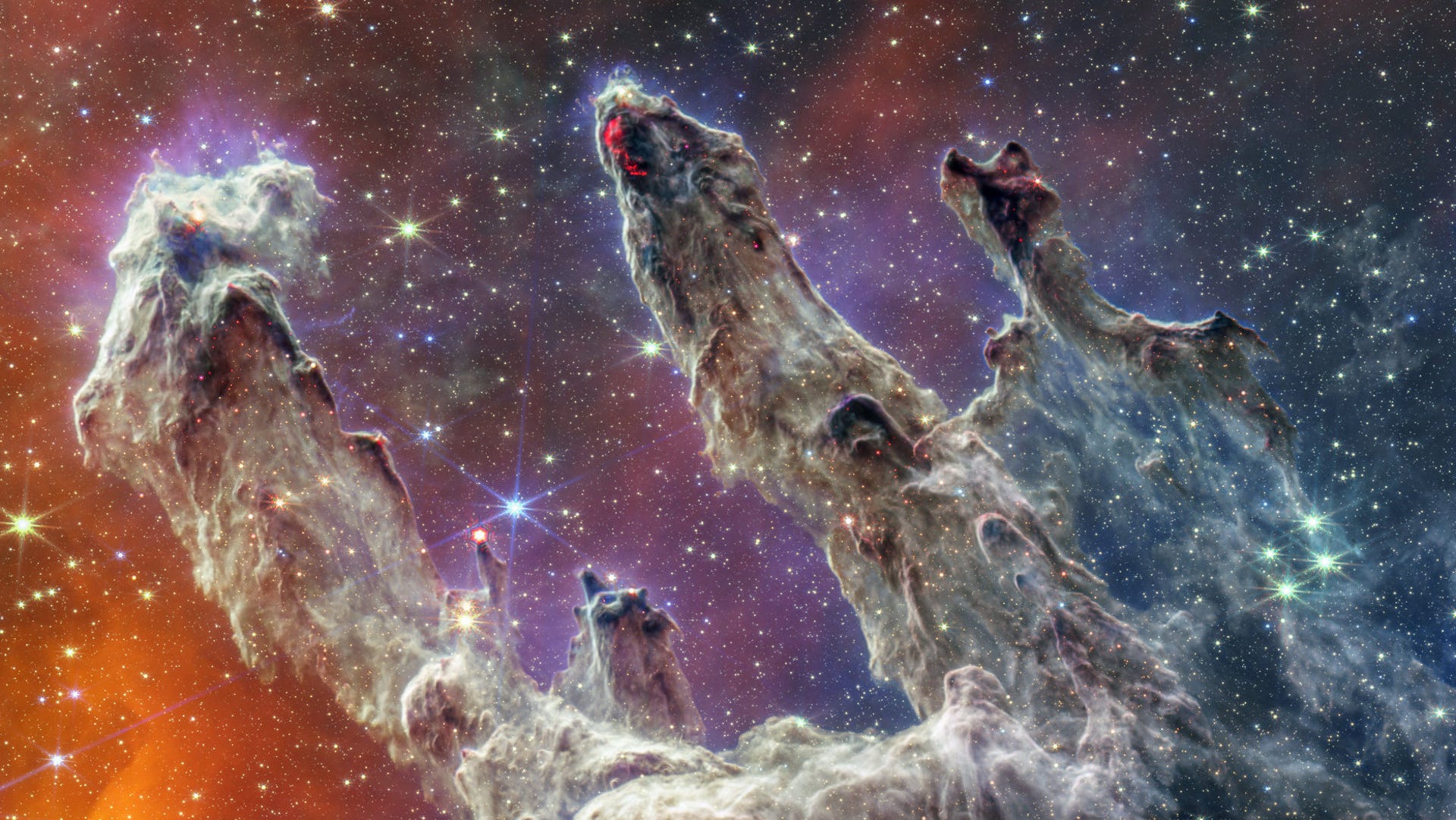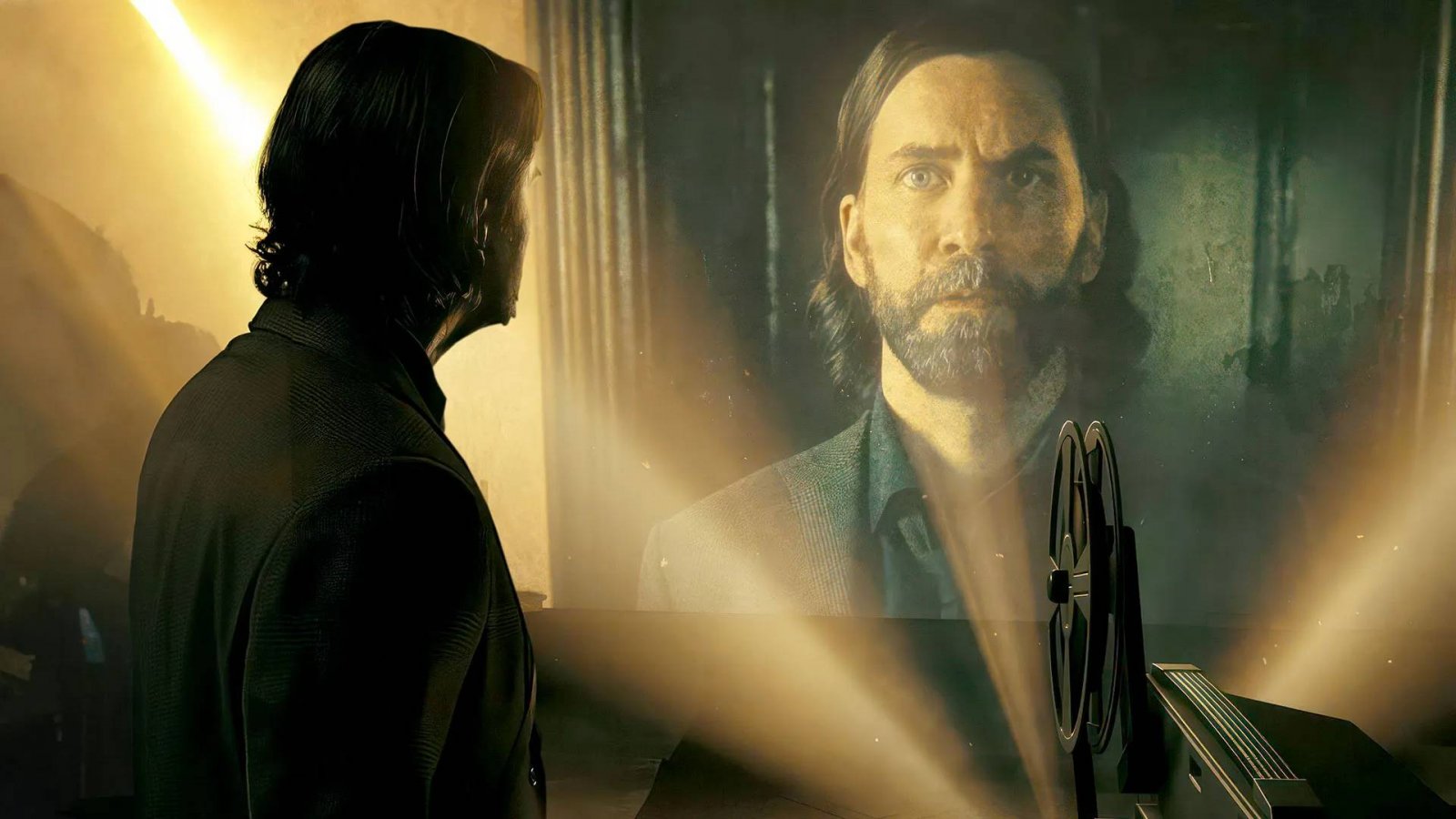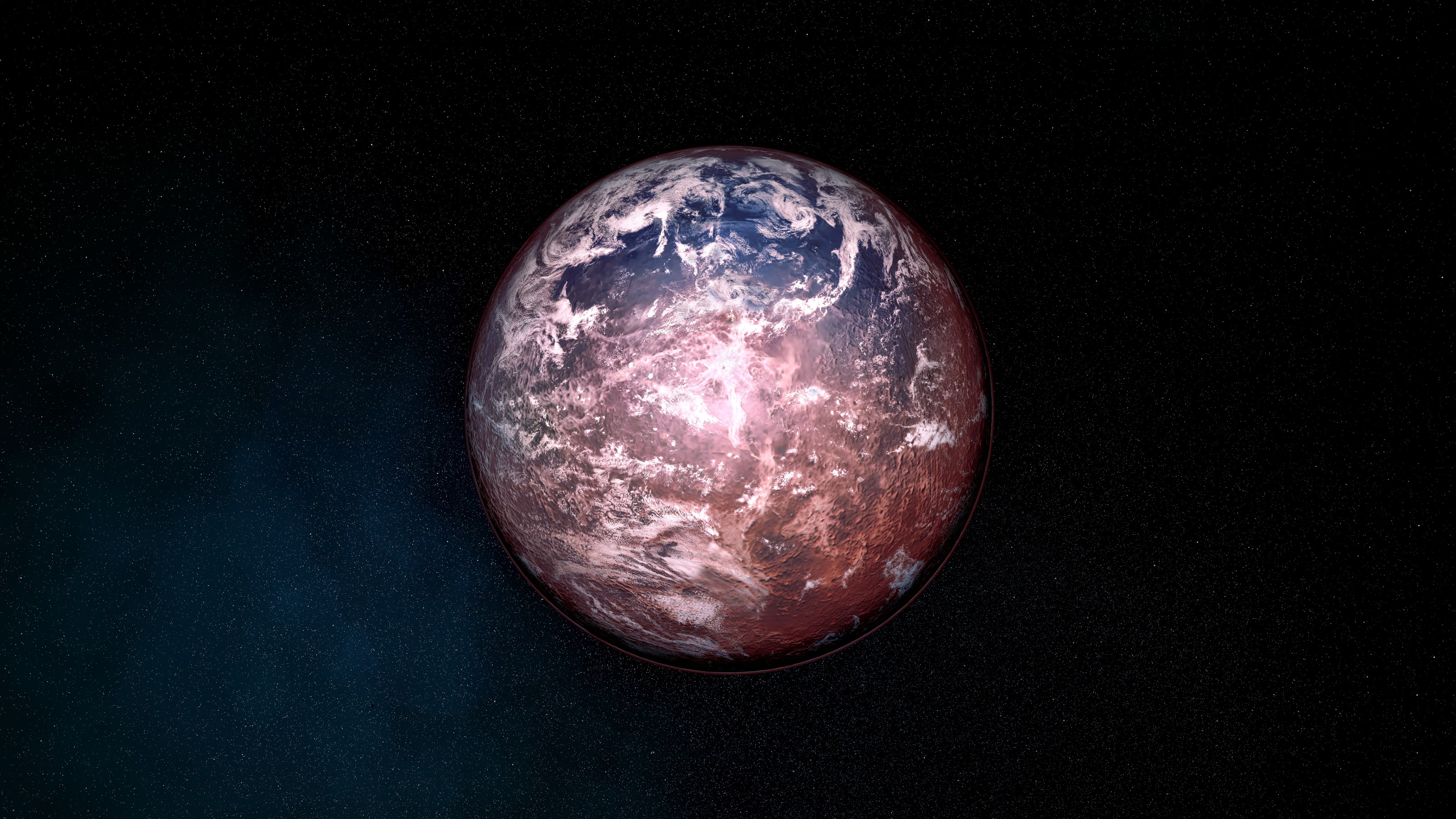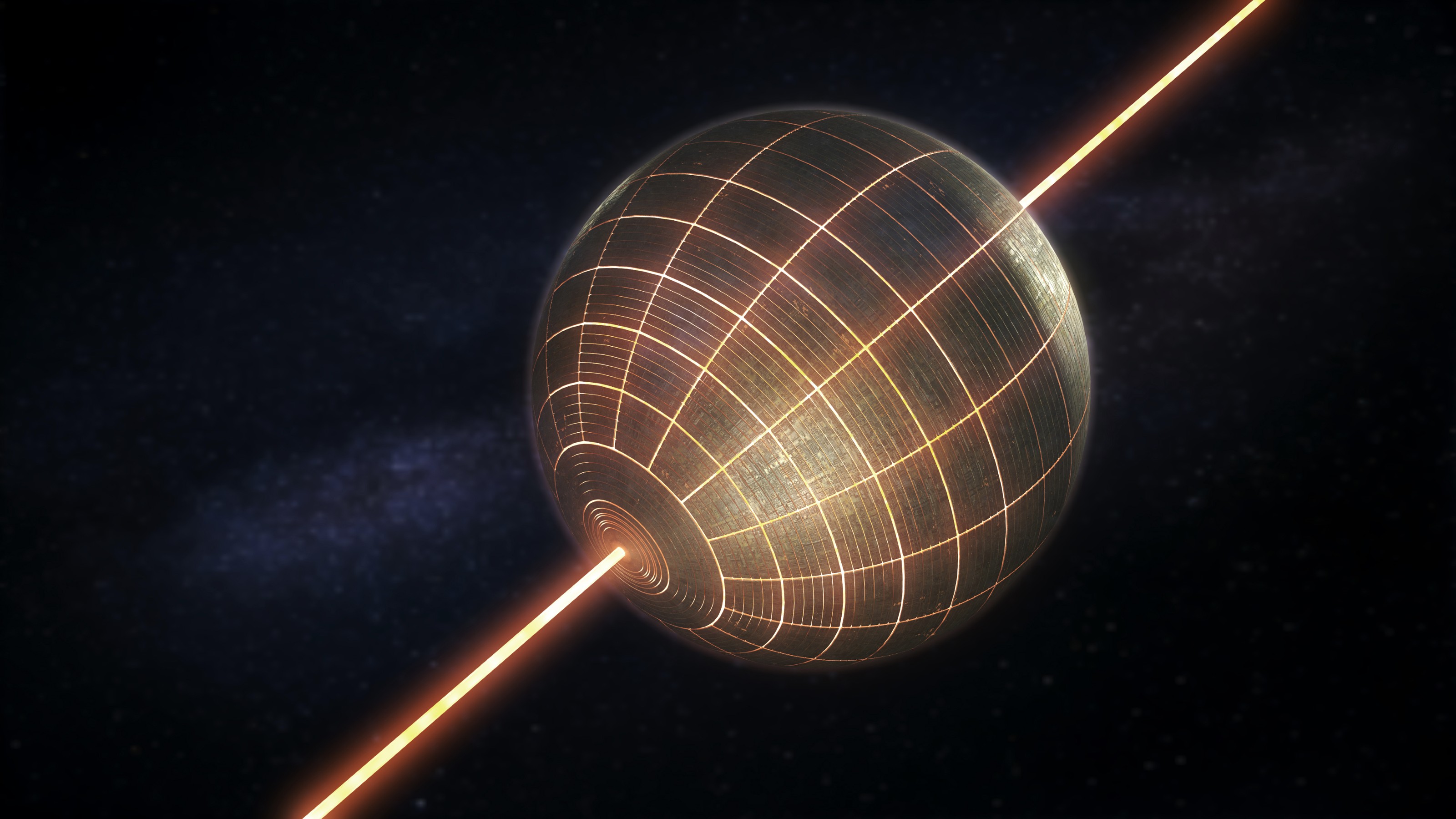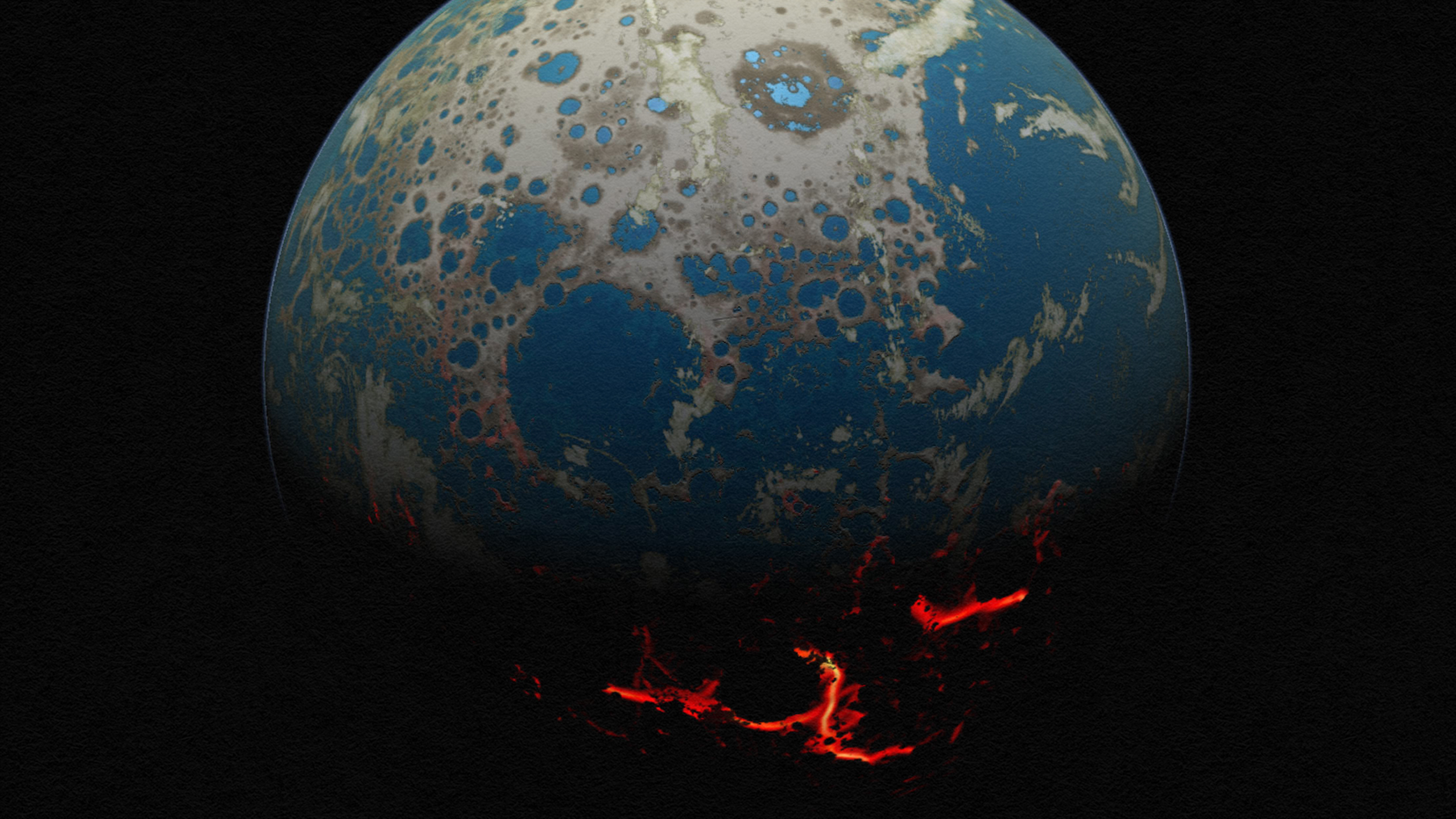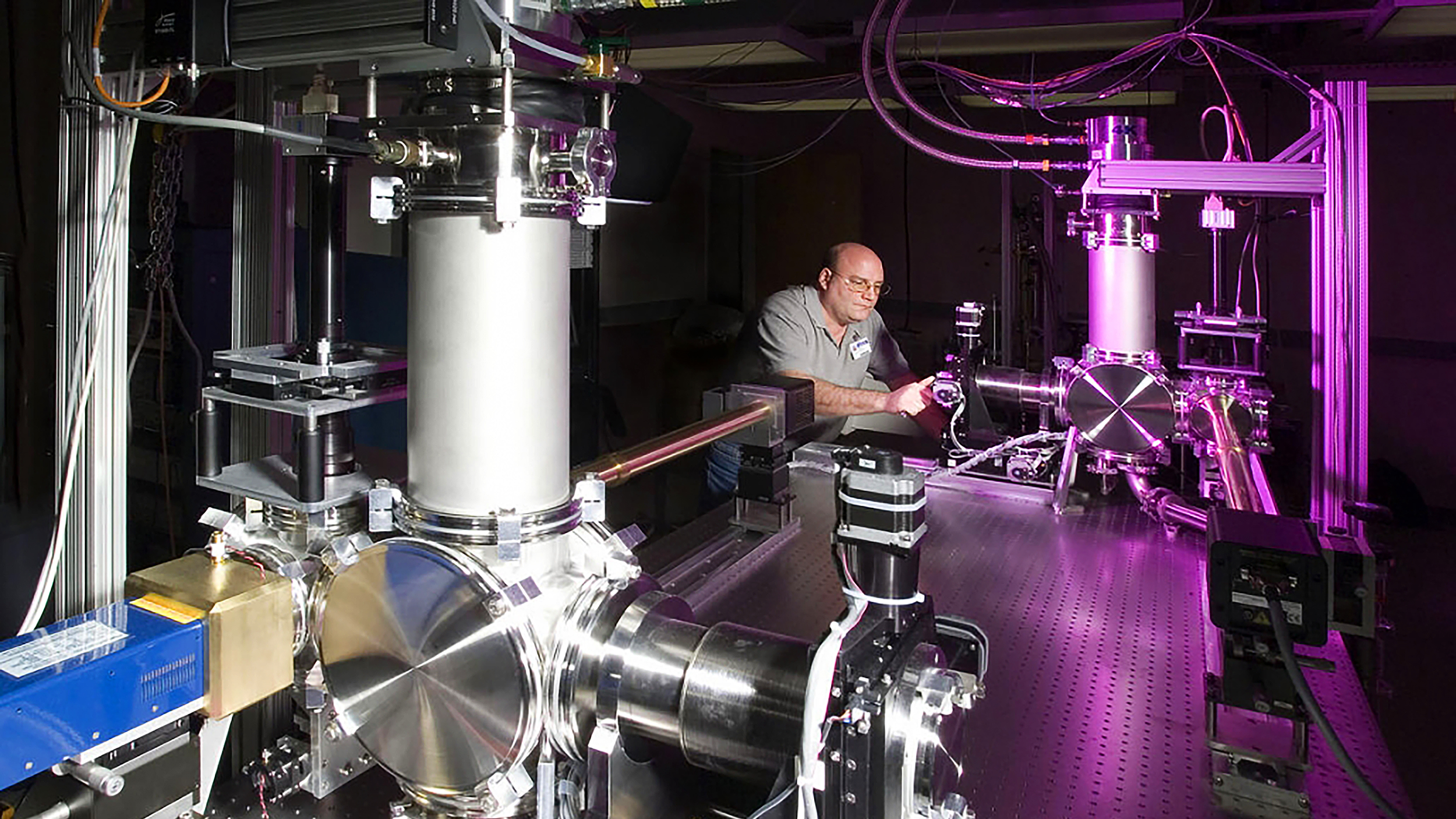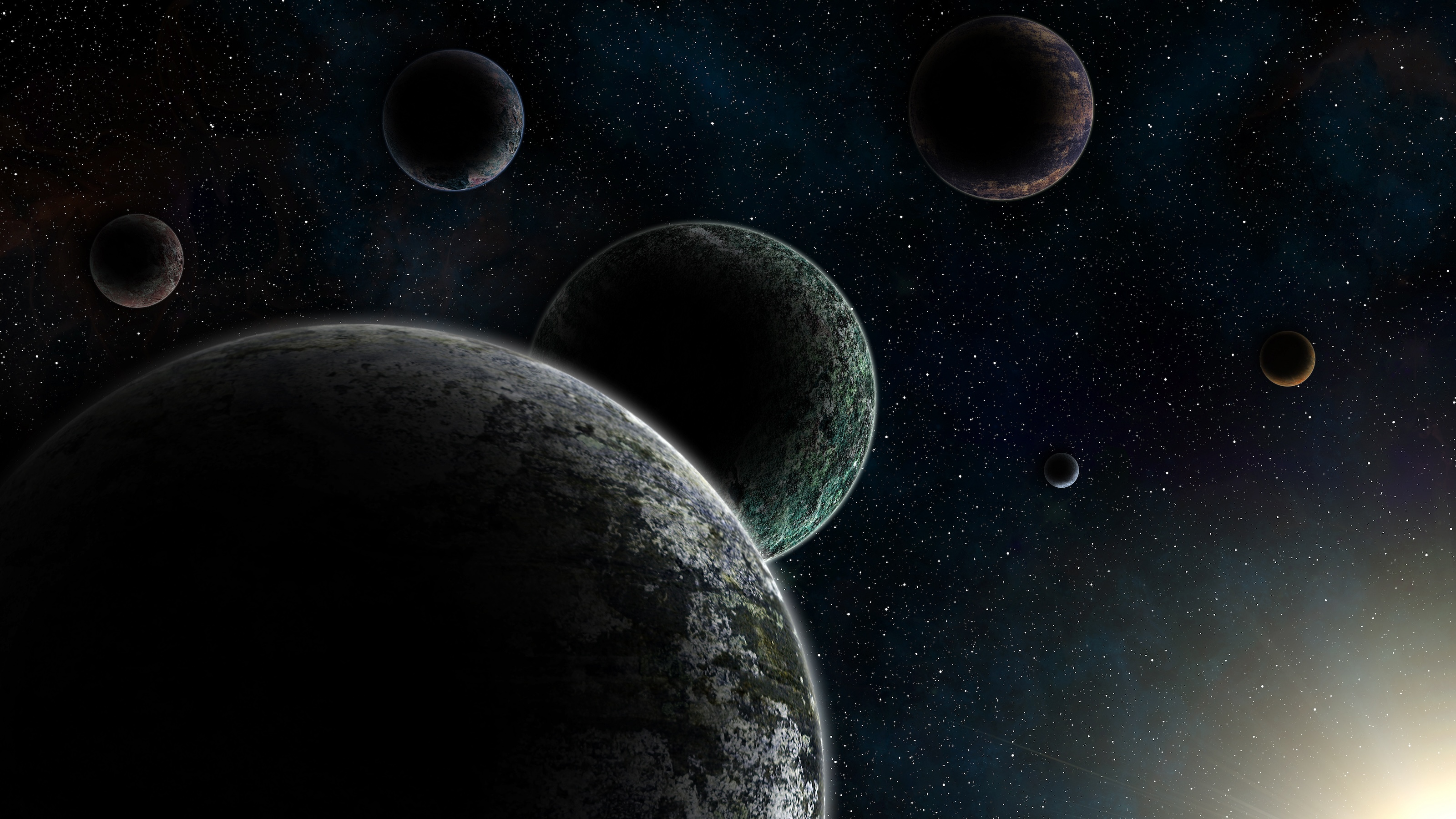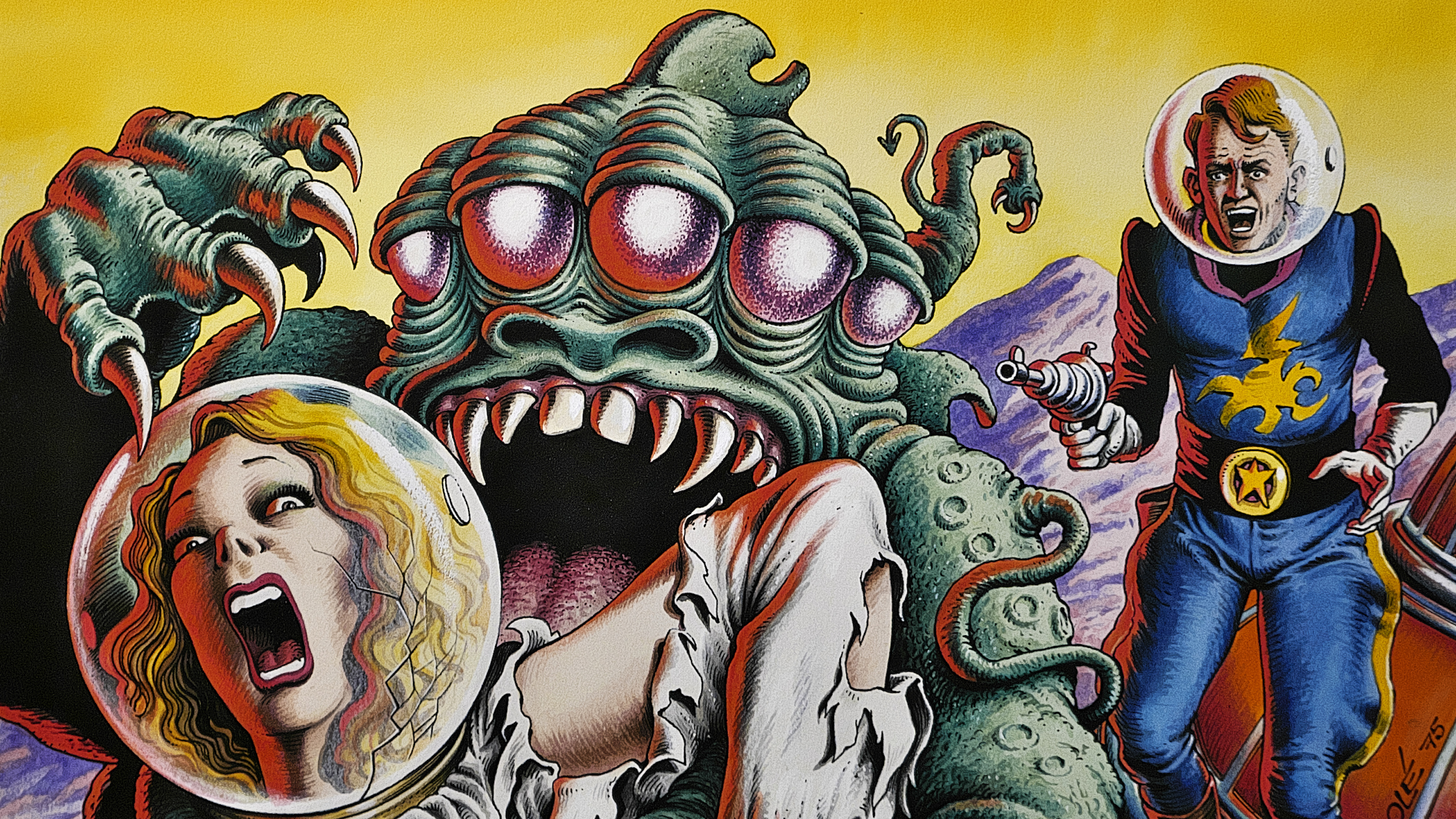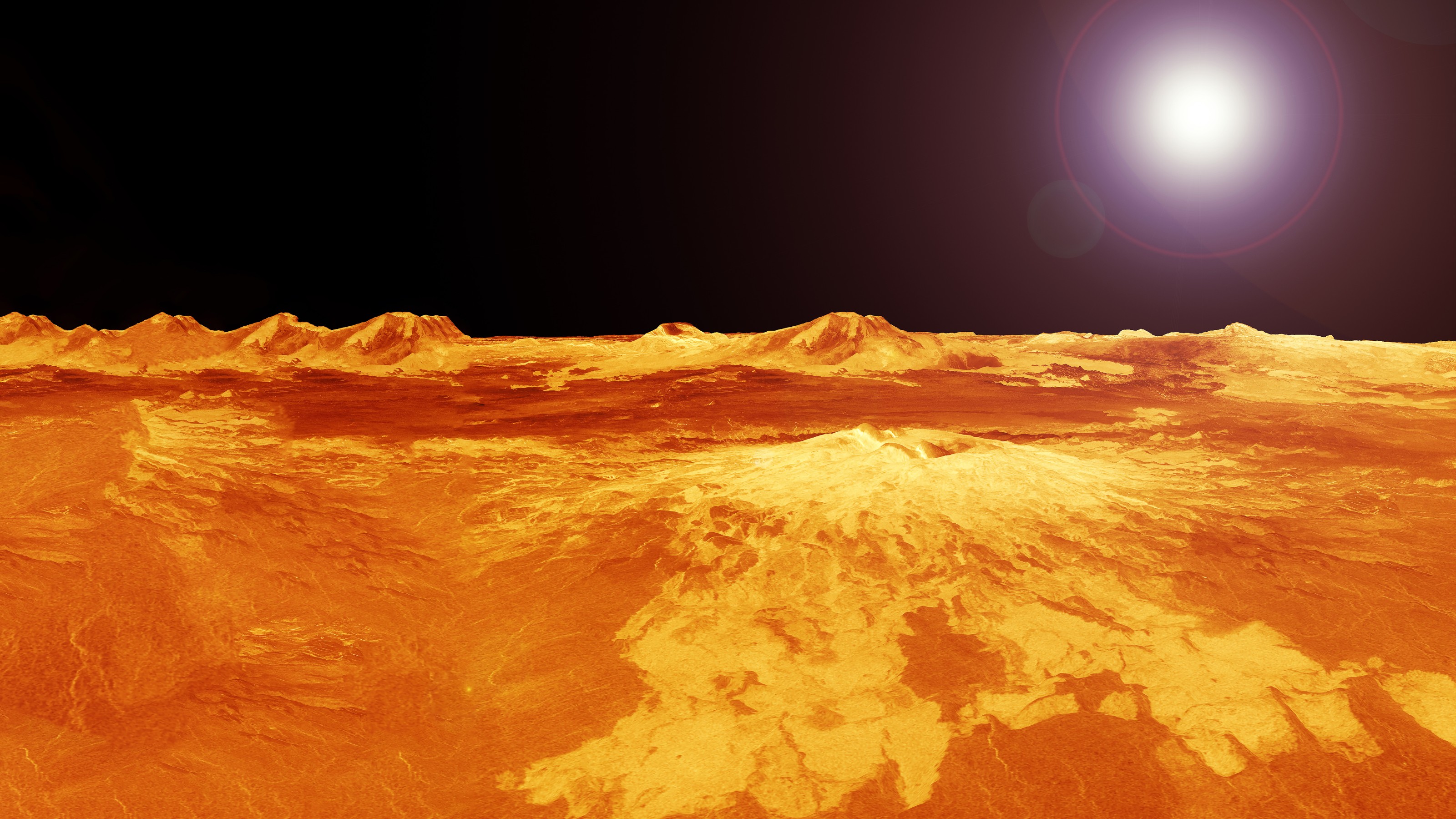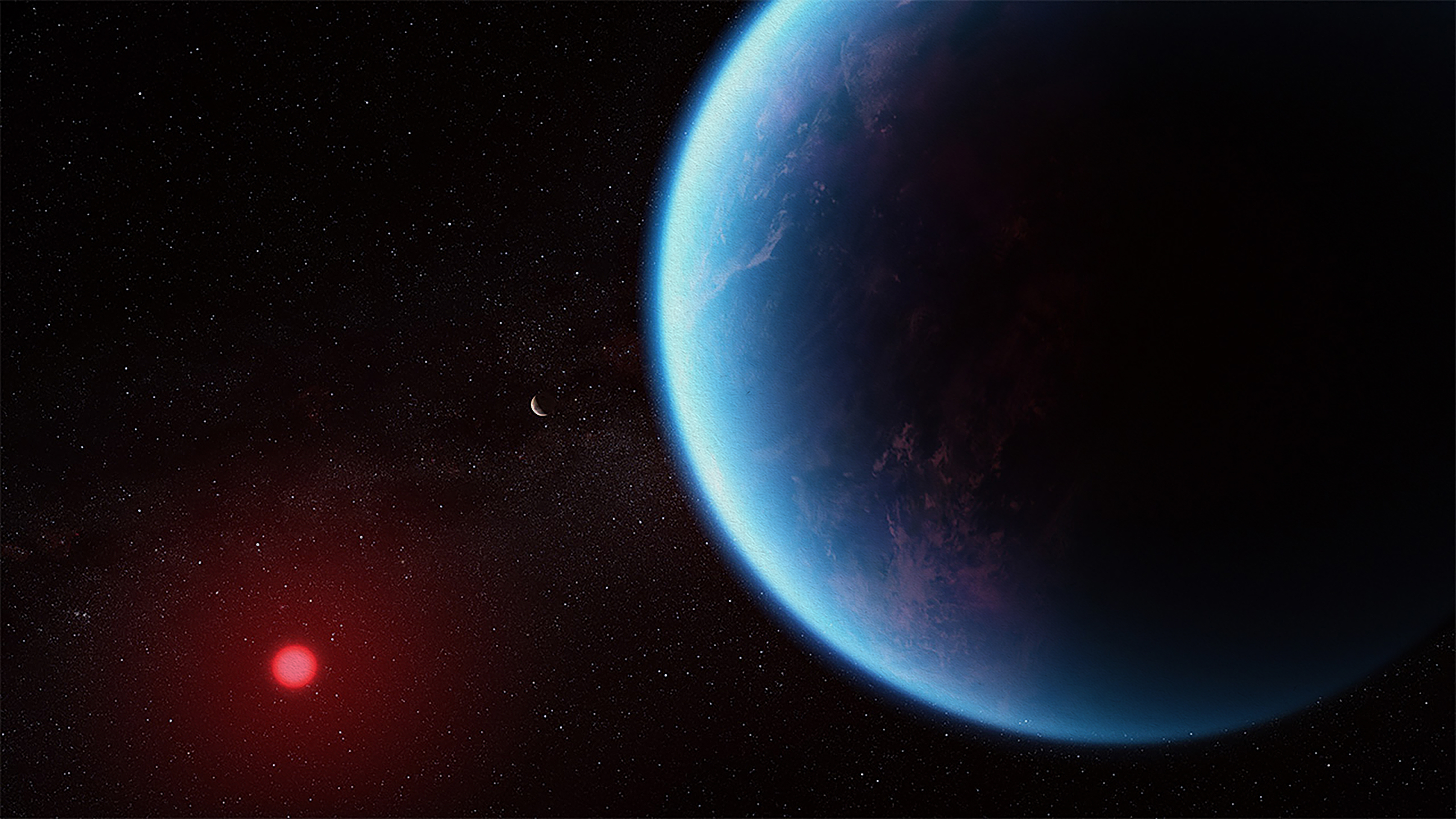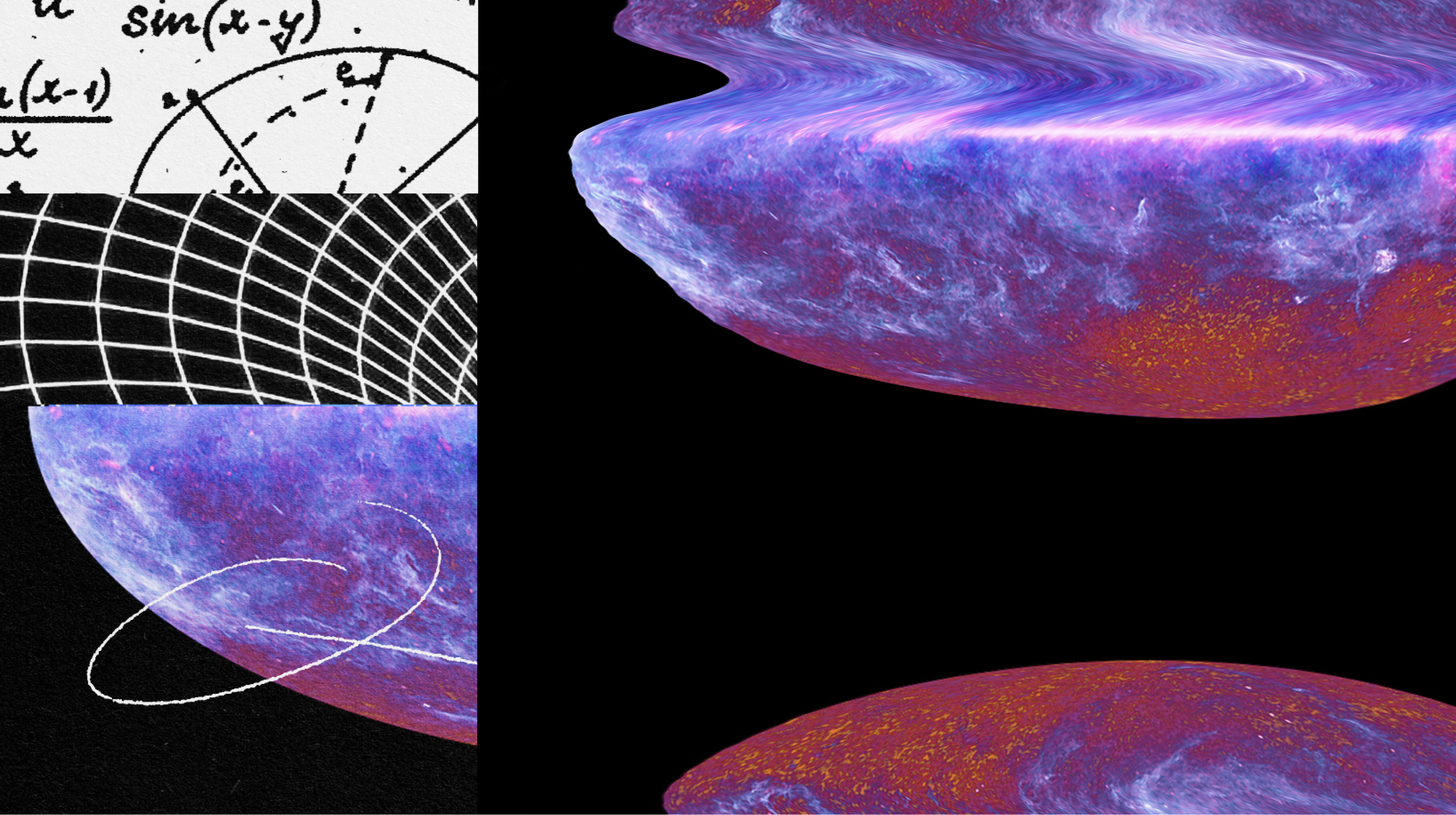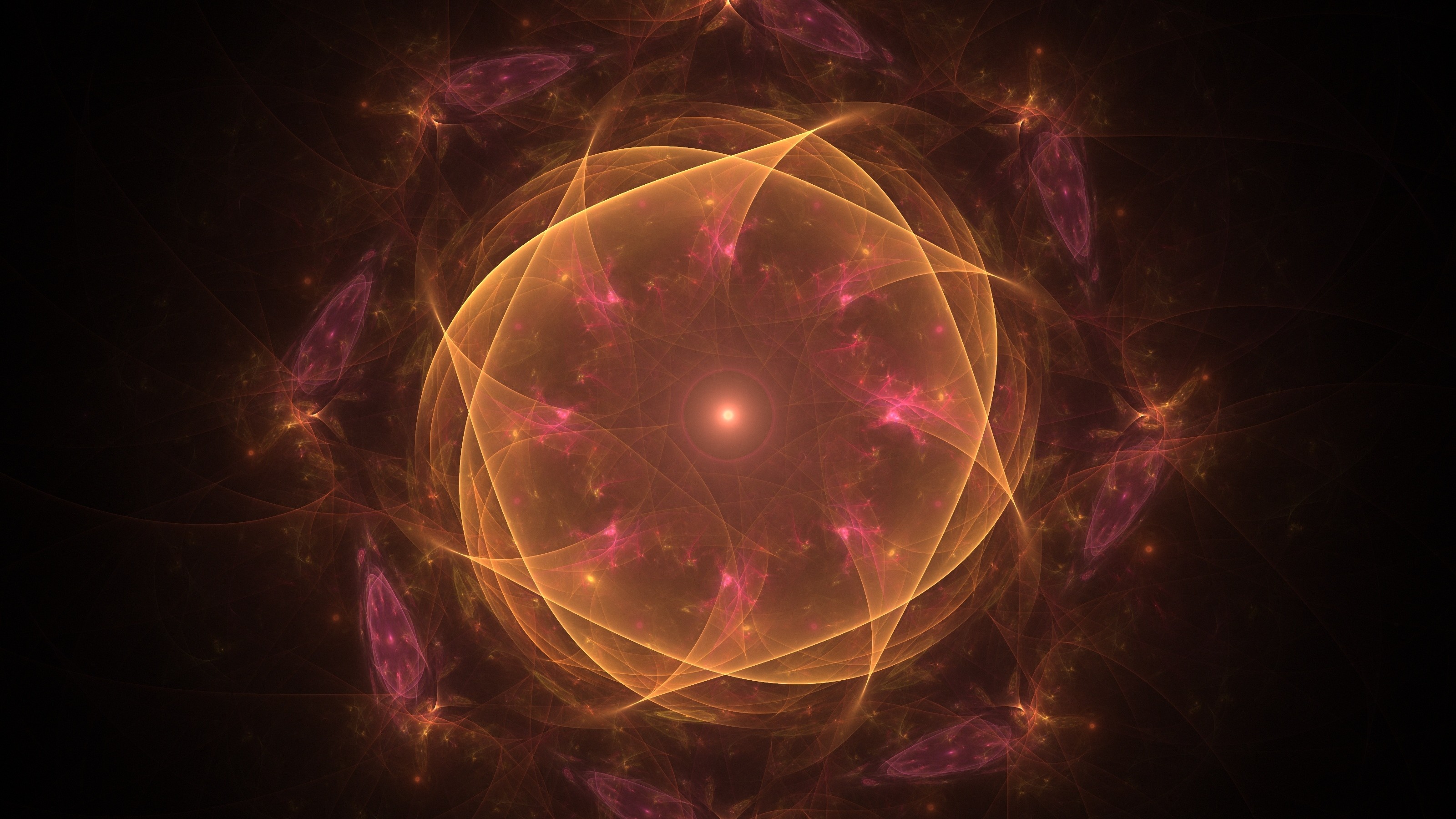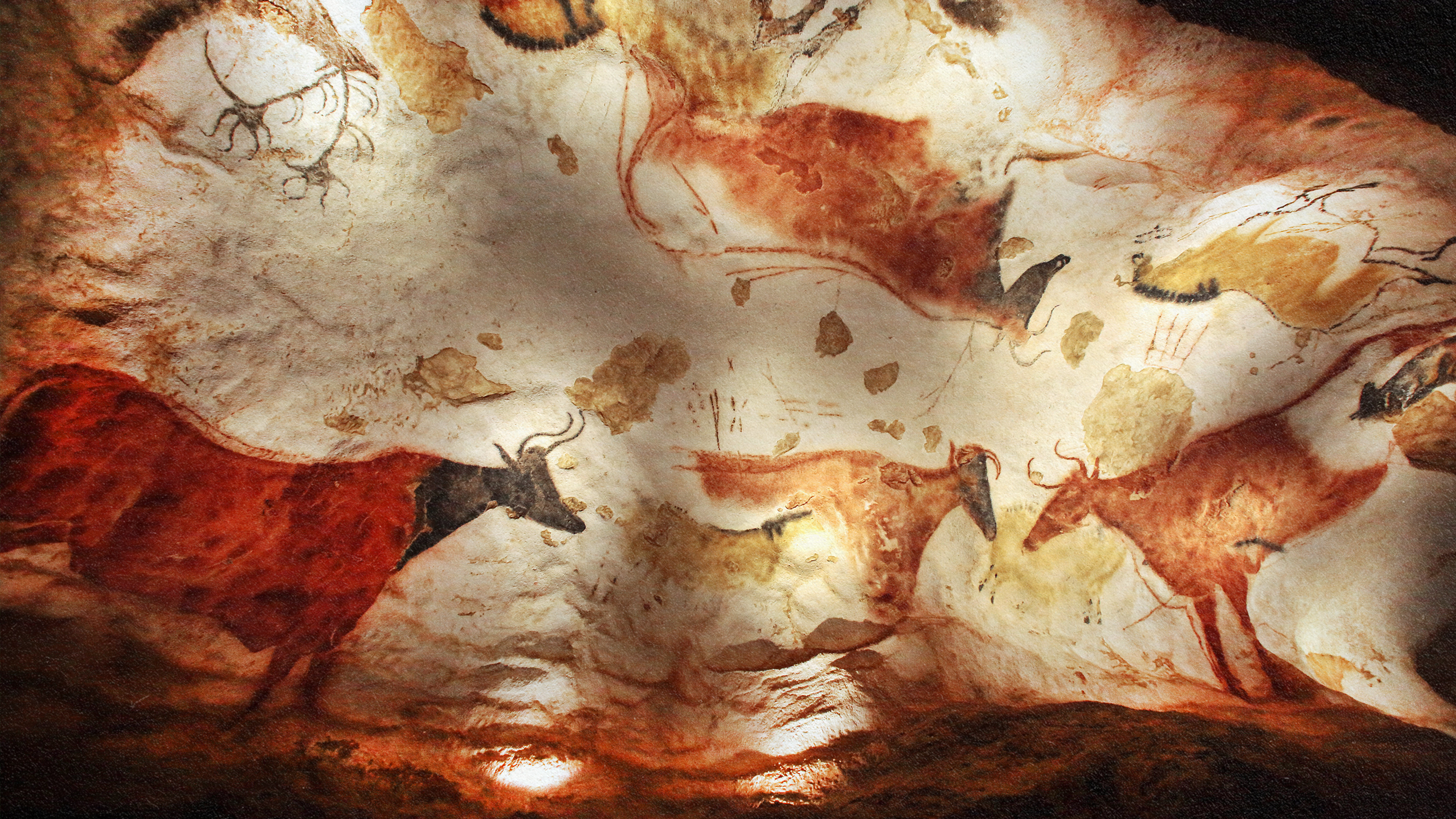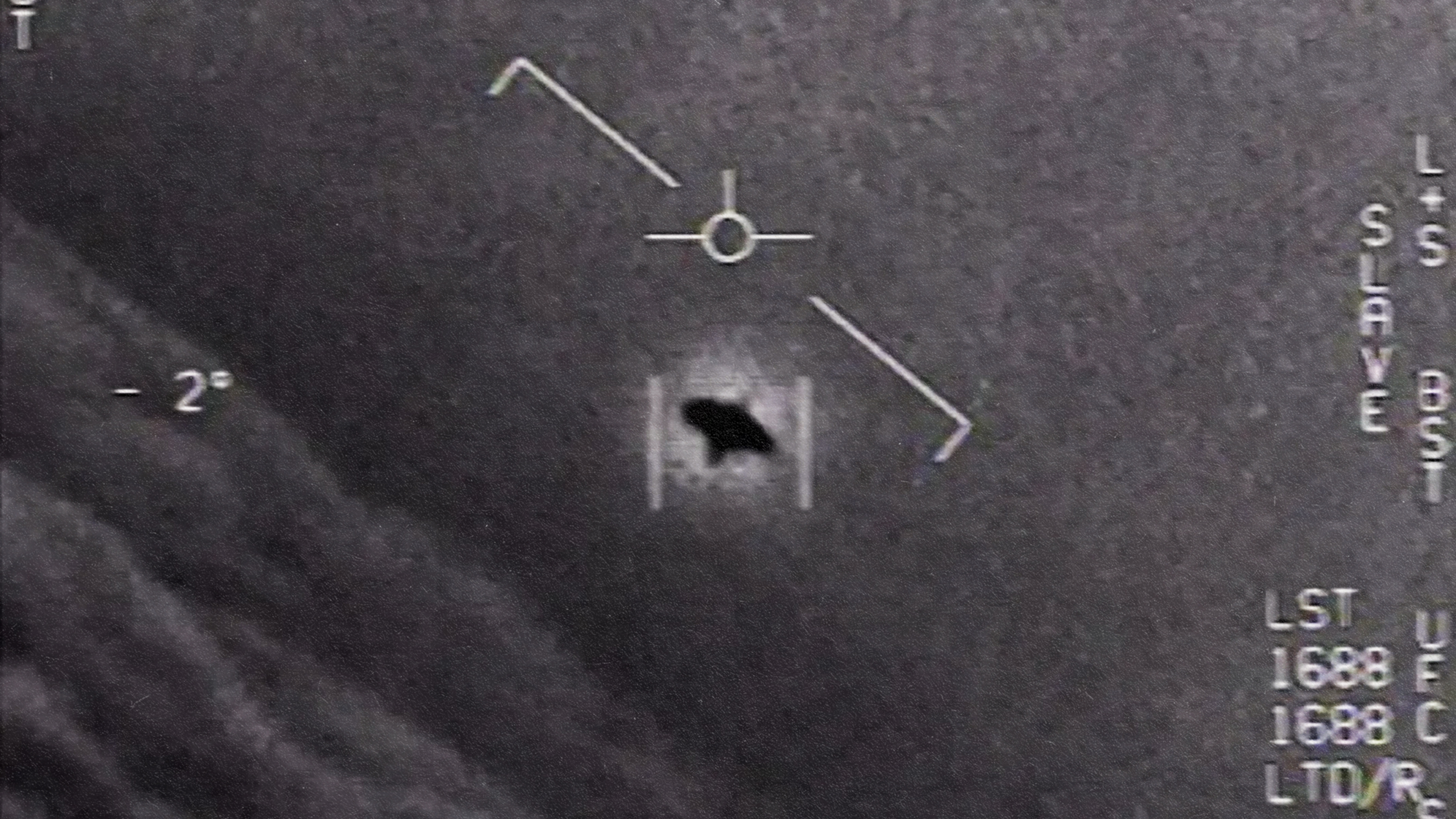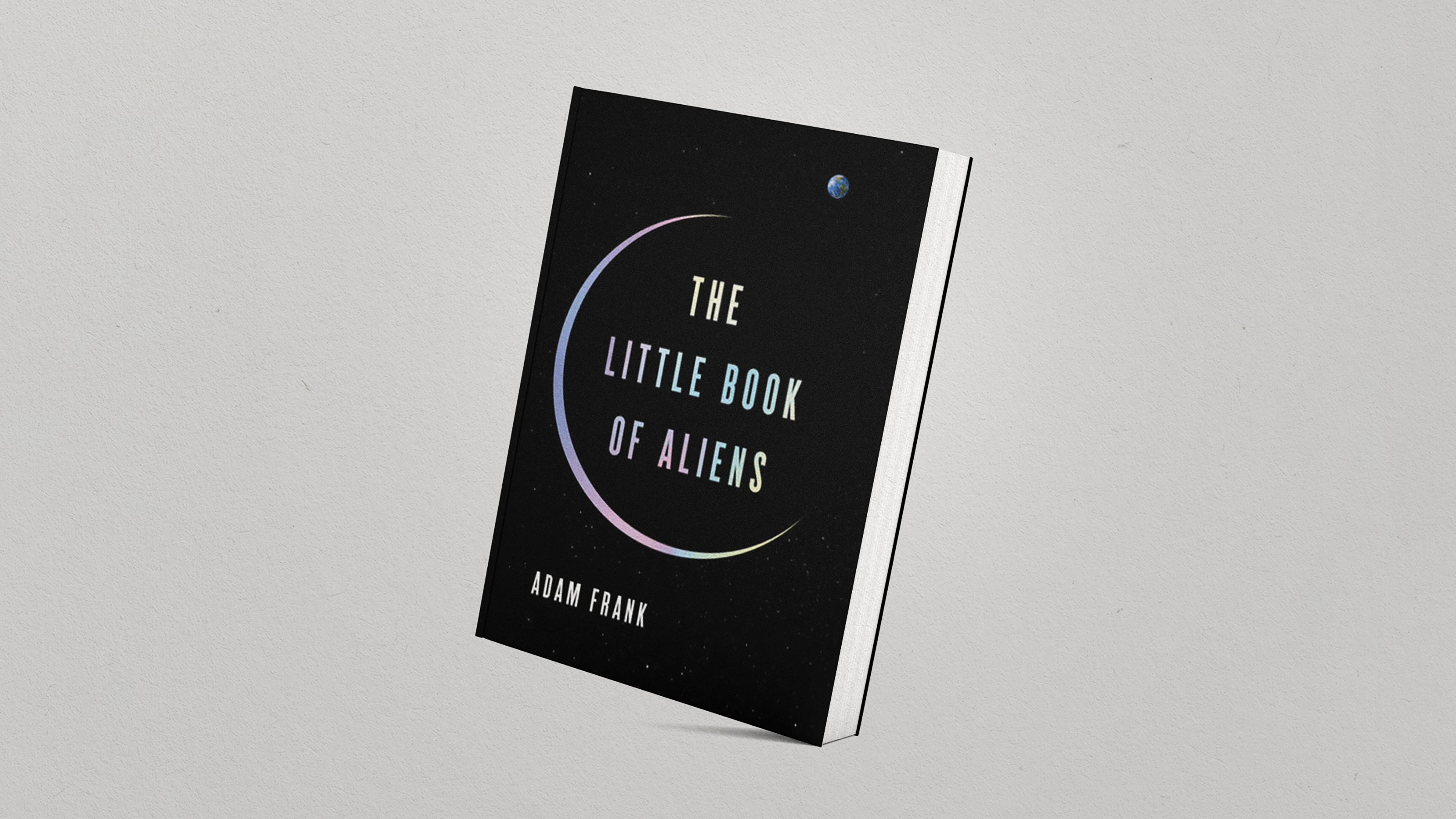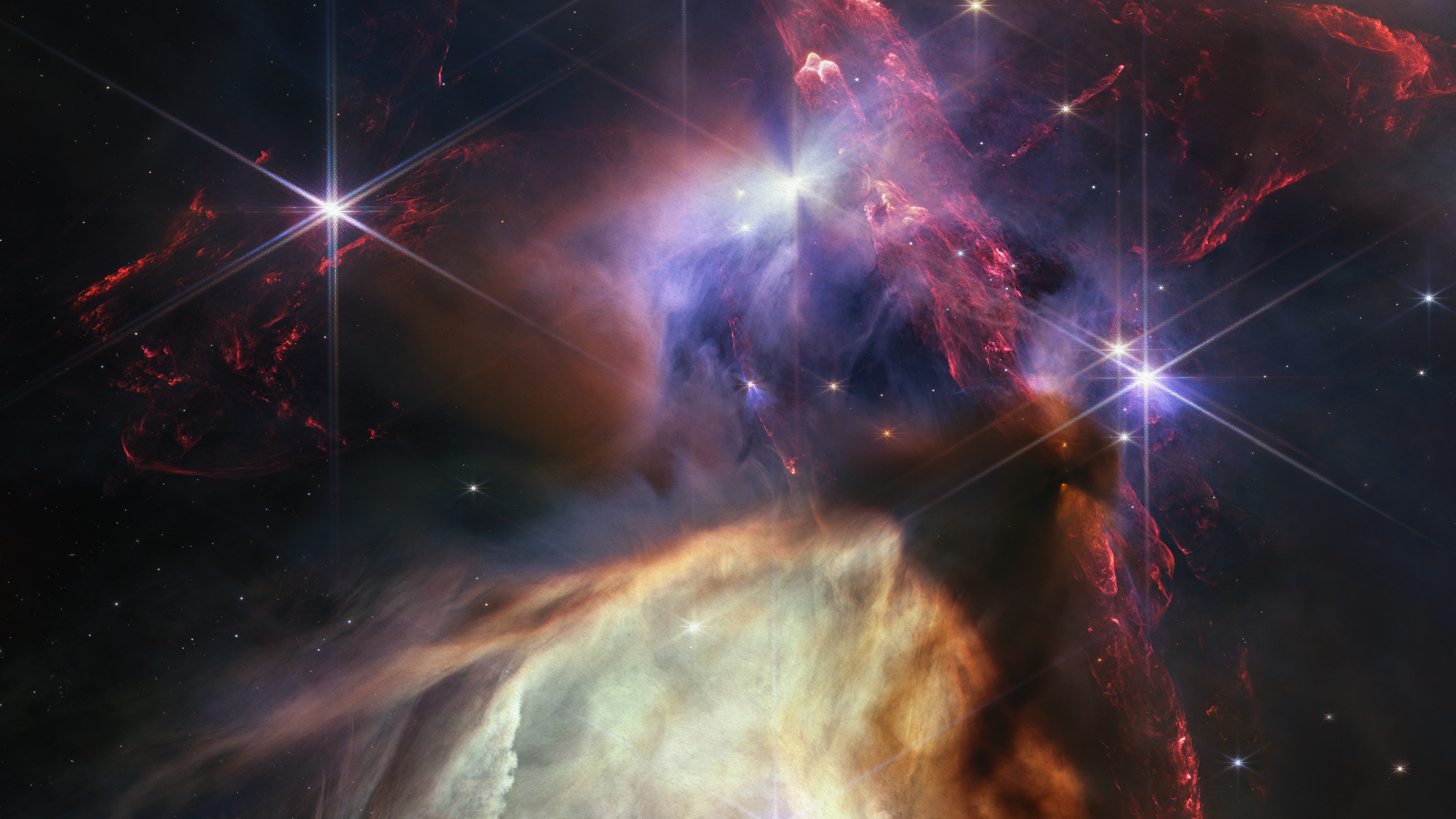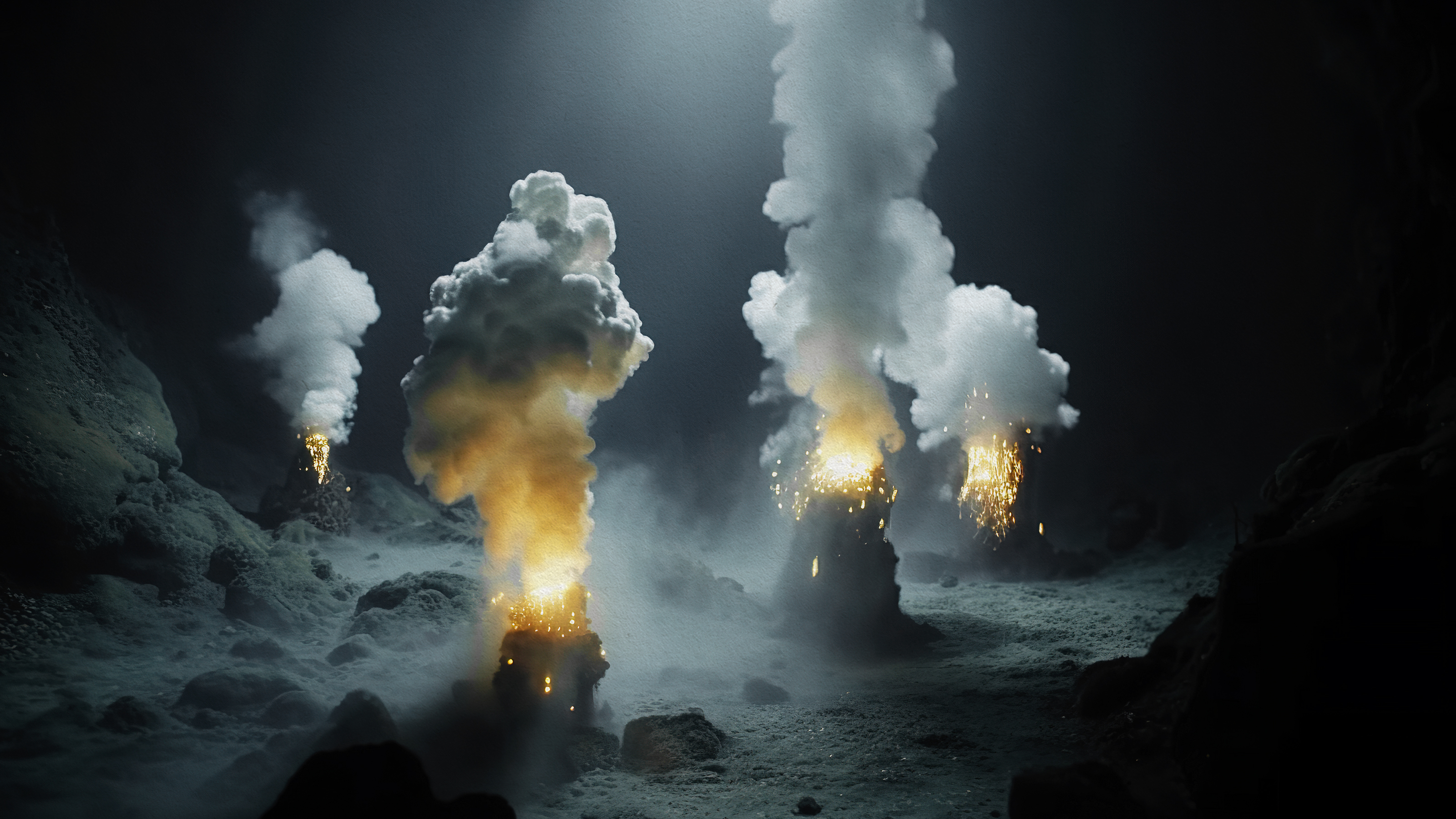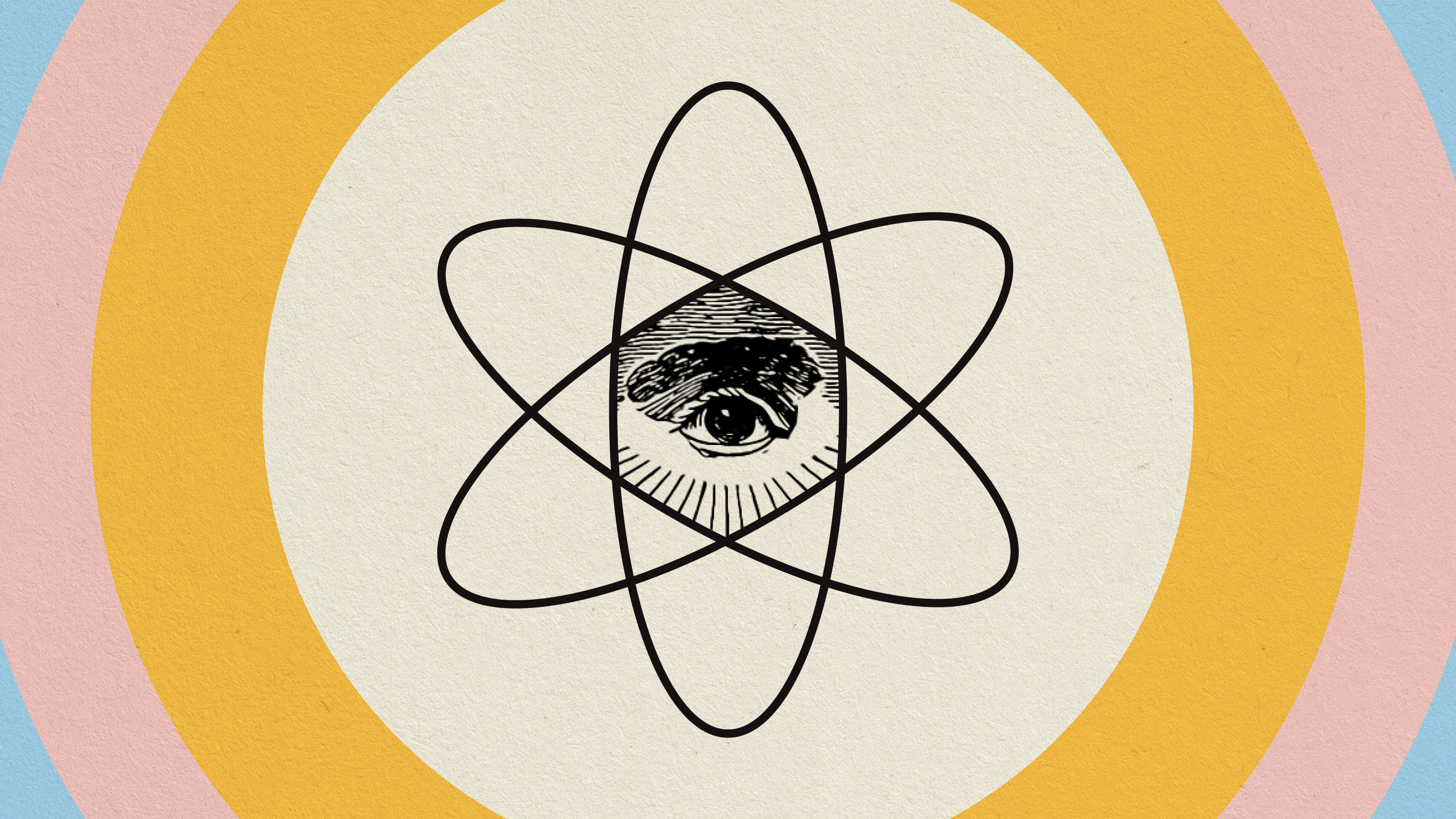Adam Frank
Astrophysicist
Adam Frank is a professor of astrophysics at the University of Rochester and a leading expert on the final stages of evolution for stars like the sun. Frank's computational research group at the University of Rochester has developed advanced supercomputer tools for studying how stars form and how they die. A self-described “evangelist of science," he is the author of four books and the co-founder of 13.8, where he explores the beauty and power of science in culture with physicist Marcelo Gleiser.

A deep dive into the chaotic journey of star formation.
Here's the case for why science can't keep ignoring human experience.
Human civilization has always survived periods of change. Will our rapidly evolving technological era be an exception to the rule?
Big Think columnist Adam Frank makes the case for why the 2023 video game Alan Wake 2 is a boundary-pushing piece of art.
Explore how QBism reframes science by placing the observer at the heart of quantum reality.
The answer is set to change in the year 2113, a recent estimate suggests.
Fire was crucial to the evolution of human technology. That's why alien species stuck in the "oxygen bottleneck" may be forever primitive.
These theoretical megastructures represent one way an advanced civilization might harvest energy from stars.
Looking back on our planet's early history offers a new (and less crazy) meaning for the idea of a "flat Earth."
"I grew up in New Jersey in the 1970s and that experience gave me everything I needed to become a skeptic."
Light can be turned into heat, which can then be turned into motion, and the effect of that motion can be turned into a big squeeze.
The TRAPPIST-1 system is a treasure trove of possibilities and questions. Observations by JWST have just begun.
"If we find just one other example of biology out there, then life is not an accident."
A true scientific view of if, where, and when extraterrestrial life exists is within our grasp thanks to biosignatures and technosignatures.
We don’t need to think about what life is made of but rather what it does.
The perfectly accessible, perfectly knowable Universe of classical physics is gone forever, no matter what interpretation you choose.
Within the next few decades, we may well have hard evidence for the existence of alien life on worlds light-years distant from Earth.
Cosmology is unlike other sciences. When our view of the Universe changes, so does our understanding of philosophy and science itself.
A relatively new interpretation of quantum mechanics asks us to reimagine the process of science itself.
Art isn't a side note in human history; it's the main text.
Despite the vast number of planets in the Universe, Earth's specific evolutionary history guarantees that its life forms — including humans — are utterly unique.
Nature may not allow us full access to the weirdness of quantum mechanics.
We may be the last generation born not knowing if we are alone in the Universe.
The space telescope's findings challenge the notion of a galaxy brimming with life.
Is mathematics woven into the very fabric of reality? Or is it merely a product of the human mind?
The truth is out there, but it's probably not in the latest whistleblower's report.
Origin of life studies have always focused on a set of strict environments that could give rise to life. Ante-life opens new possibilities.
It's a useful fiction — but it's still fiction.
